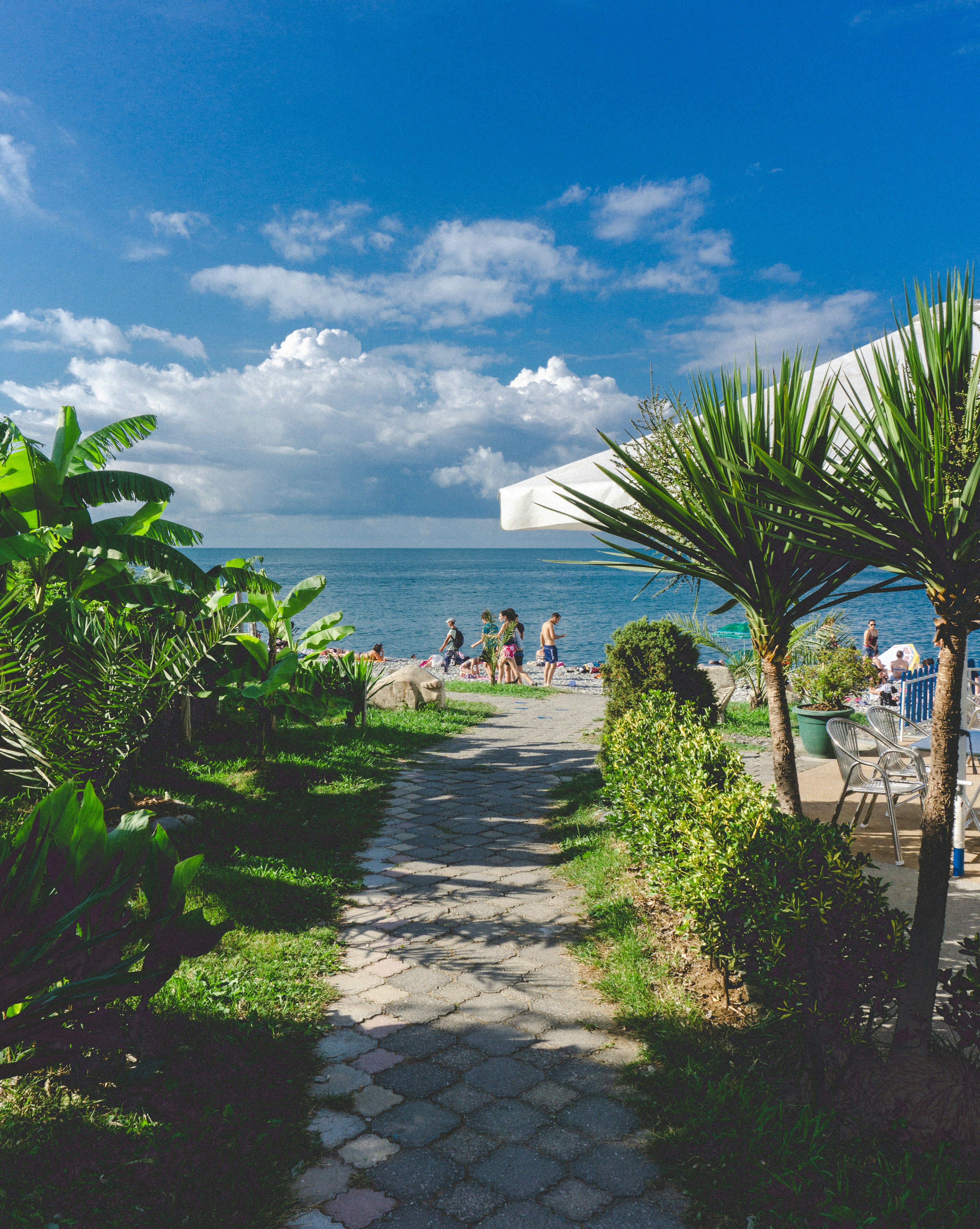Frequent Misuse of the 112 Emergency Call Investigated
Rescue Service in the Circle of Kleve: Trivial Cases Cause Uncertainty in Emergency Situations
In the Circle of Kleve, there is a lack of clarity over what constitutes a trivial case for the rescue service. These situations, while not life-threatening, are frequent and may result in unnecessary deployments of emergency resources.
While the Circle of Kleve emphasizes that calling 112 is better safe than sorry in emergency situations, the lack of precise definition for trivial cases is a concern. In regions similar to the Circle of Kleve, it has been reported that up to half of all deployments fall into this category.
However, the Circle of Kleve is mindful of the risk of discouraging people who genuinely need help from dialing the emergency number. "It is crucial to prevent people from being uncertain about calling the emergency number when they actually require assistance," said Benedikt Giesbers, a spokesman for the Circle of Kleve.
Despite this, the Circle of Kleve believes that those who misuse the system to avoid specialist appointment wait times or extended travel will likely not be deterred. "In times of a shortage of doctors, these services are often associated with longer waiting times and travel distances. The rescue service is not meant to replace specialist appointments," Giesbers explained.
The Circle of Kleve's control center assesses each situation on a case-by-case basis, considering alternative solutions such as ambulance transport or the statutory health insurance emergency service. However, the control center may be obligated to investigate the health situation and urgency in individual cases, even if there are doubts, to deploy the rescue service due to the so-called duty of care.
The control center searches, to the best of its ability, for suitable and necessary rescue resources in every emergency call. If there are reasonable indications that it is not an emergency response deployment, alternative measures such as an ambulance to the medical service (116 117) or seeking or arranging medical treatment from a general practitioner or specialist may be advised. However, it is often only possible to determine whether the deployment of the rescue service was justified through the rescue service personnel's anamnesis and/or the emergency doctor's anamnesis, sometimes only after hospitalization.
In cases of a simple cold or flu, a general practitioner should be consulted instead of calling 112. Concrete examples of when it is appropriate to call 112 and when it is not cannot be provided, as disease pictures and the need for help are always unique.
- In situations related to medical conditions, it's essential to consult a general practitioner when dealing with a common cold or flu, rather than calling the emergency number 112.
- To promote health and wellness, a clear distinction needs to be made in defining trivial cases for the rescue service, especially in regions dealing with a shortage of doctors, as misusing emergency services for non-emergency situations can lead to longer waiting times and travel distances for those in need.




